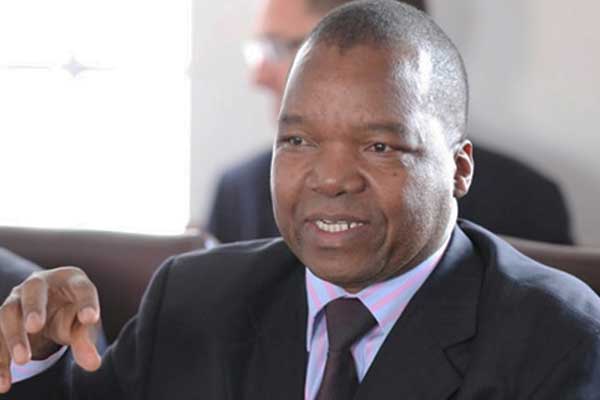Zimbabwe’s Central Bank has identified the low use of electronic payments as one of the causes of the pervasive cash shortages in the country.
Long lines, tight withdrawal limits and ATMs running out of cash have become a common feature at Zimbabwean banks.
On Wednesday, the Central Bank was prompted to announce several measures, including revising cash withdrawal limits downwards as well as the planned introduction of local ‘bond notes’ to circulate alongside the United States dollar and other currencies.
Here is a snapshot of Zimbabwe’s national payments system, according to data provided by the central bank. The latest information, published in January 2016, captures statistics for the final quarter of 2015:
- The value of transactions processed through the National Payment Systems in the fourth quarter ending 31 December 2015 decreased by two percent to $15.09 billion from $15.45 billion recorded in the same quarter ending 31 December 2014. However, volumes increased by 20 percent from 62.4 million to 74.51 million during the same period.
- Real Time Gross Settlement (RTGS) payments made up 77.44 percent of the total value of transactions in the quarter, followed by mobile money at 8.8 percent, ATMs at 7.25 percent. Internet payments were 3.44 percent of total transactions by value, while Point of Sale (POS) transactions accounted for 2.83 percent and cheques 0.23 percent.
- In terms of volumes, mobile accounted for 89.19 percent, while POS and ATMs accounted for 5.18 percent and 4.68 percent, respectively. The bulk of low-value transactions go through mobile, ATMs and POS.
- The value of transactions processed through the RTGS system for the fourth quarter ending 31 December 2015 decreased by 7 percent to $11.7 billion from $12.6 billion recorded in the same quarter in 2014 while the volume of transactions registered a decrease of 19 percent from 561 600 to 454 907.
- By comparison, the Zambian Interbank Payment and Settlement System (ZIPSS) processed an average 92 500 transactions worth $23 billion per quarter throughout 2015.
Continued next page
(290 VIEWS)







0 Comments